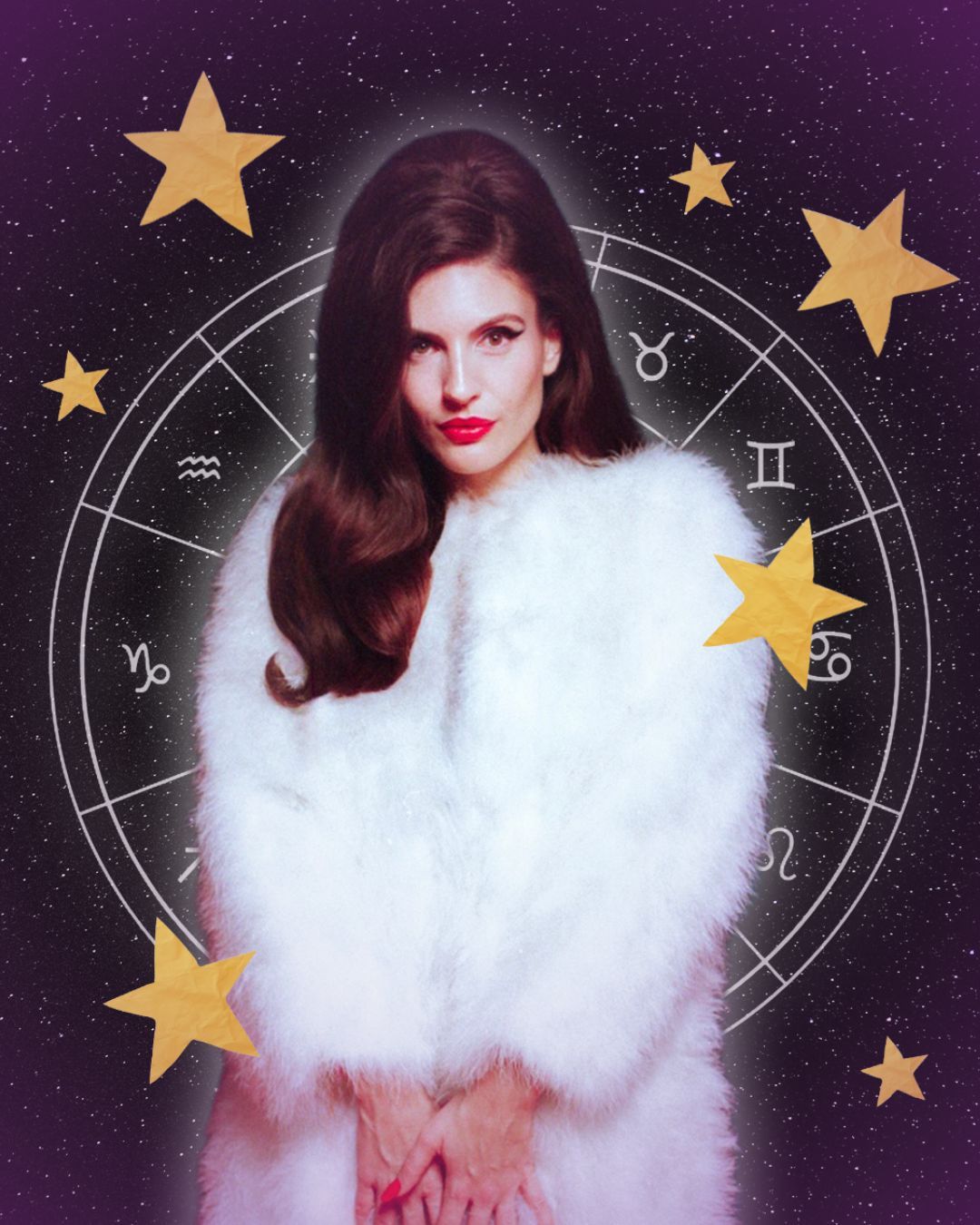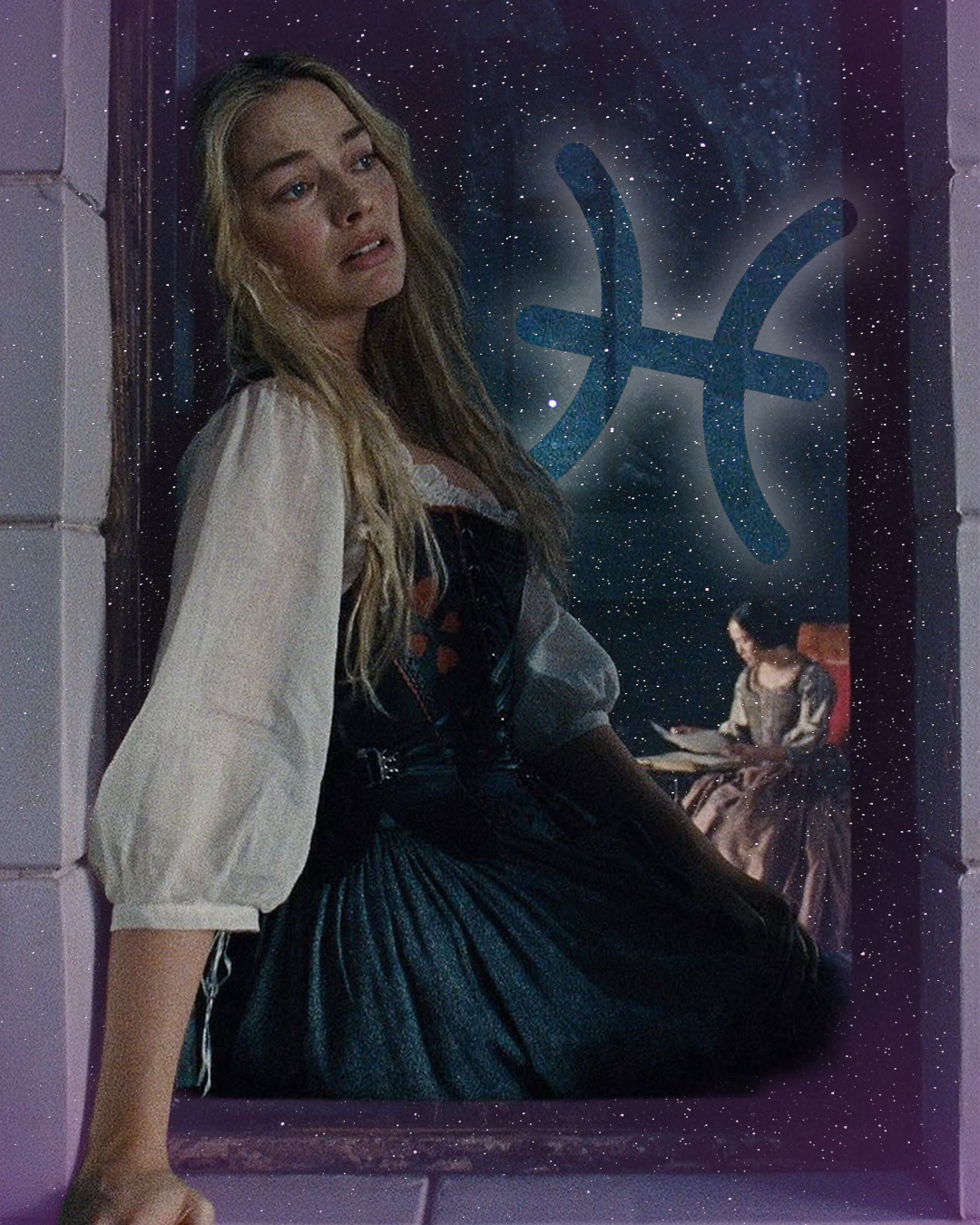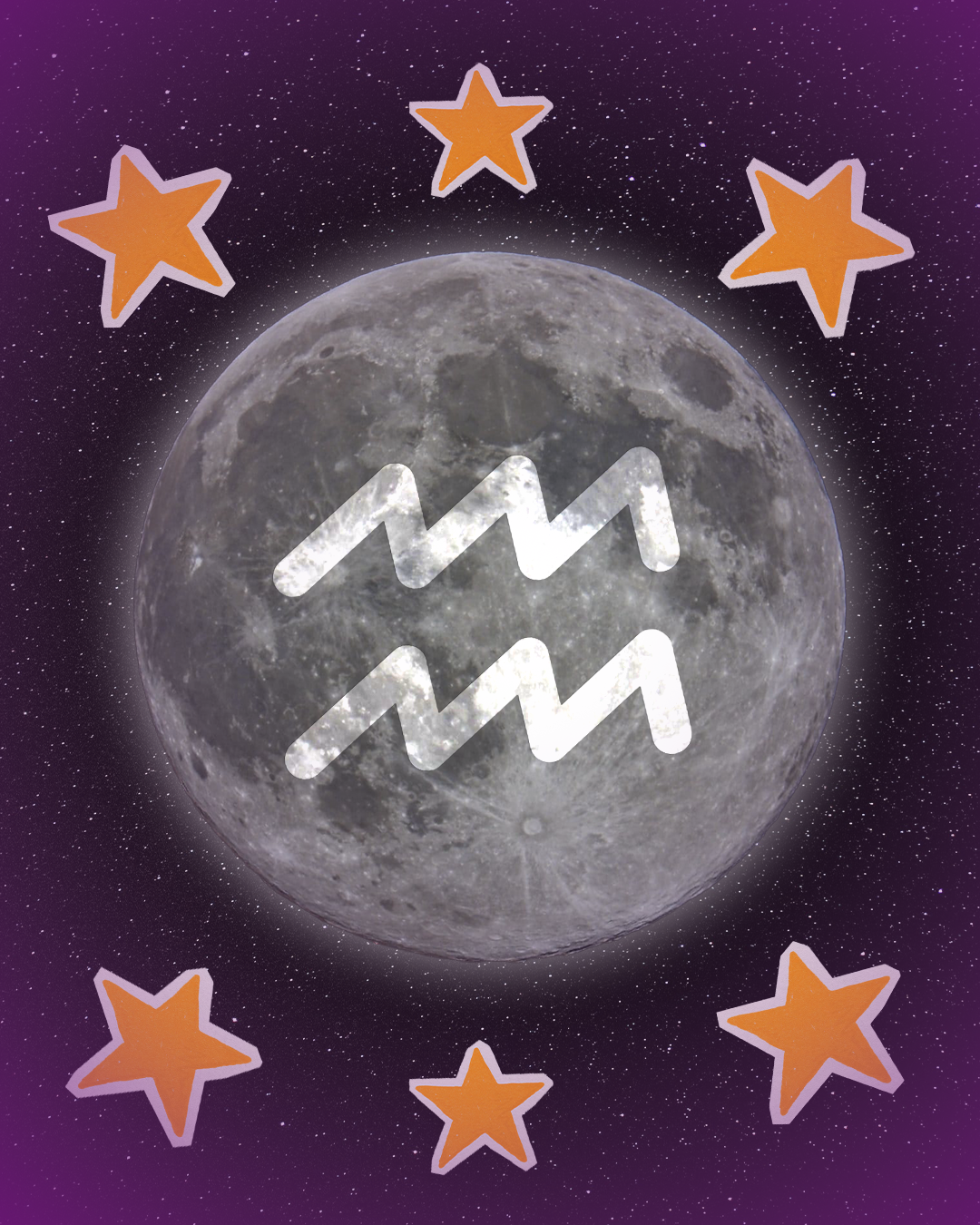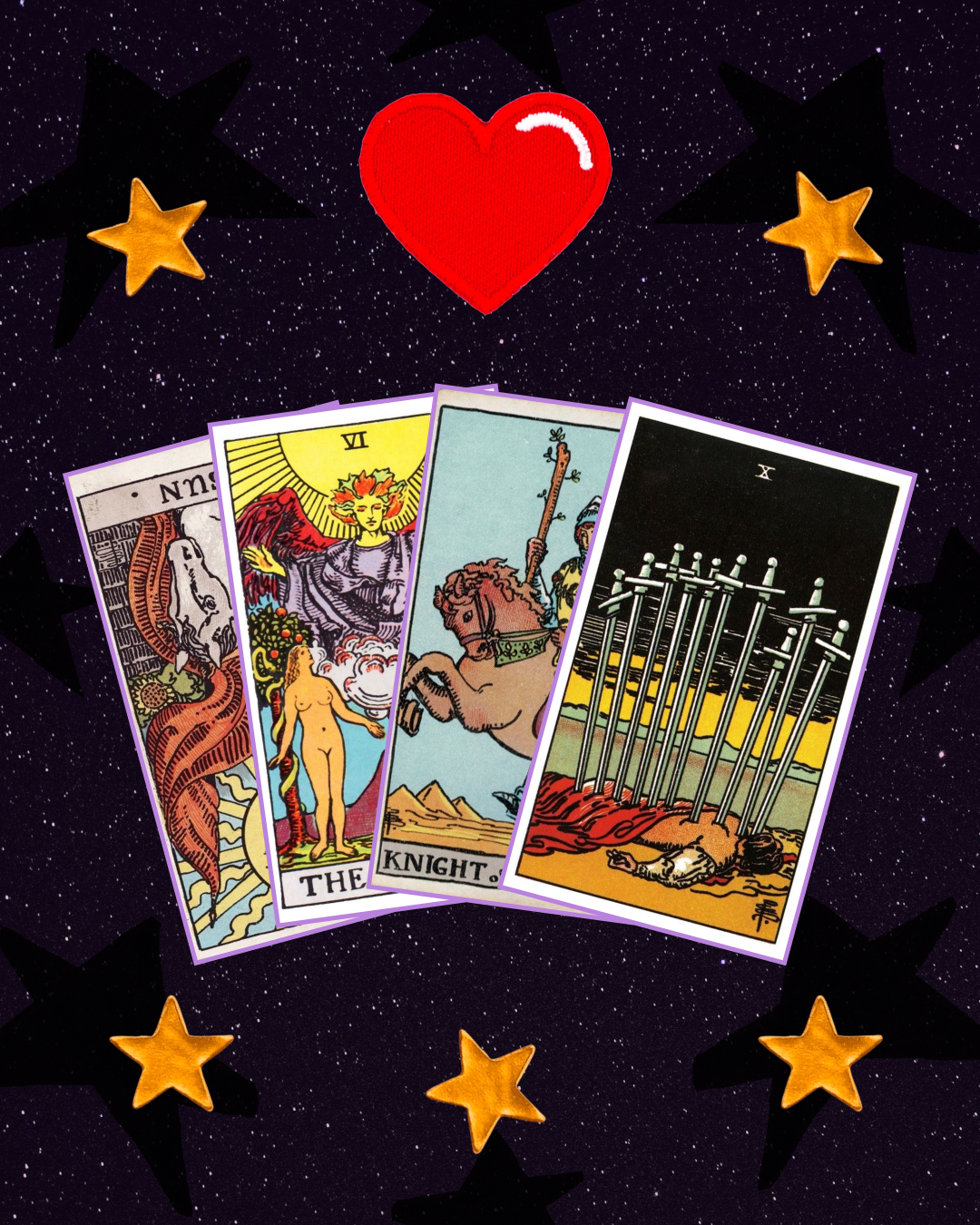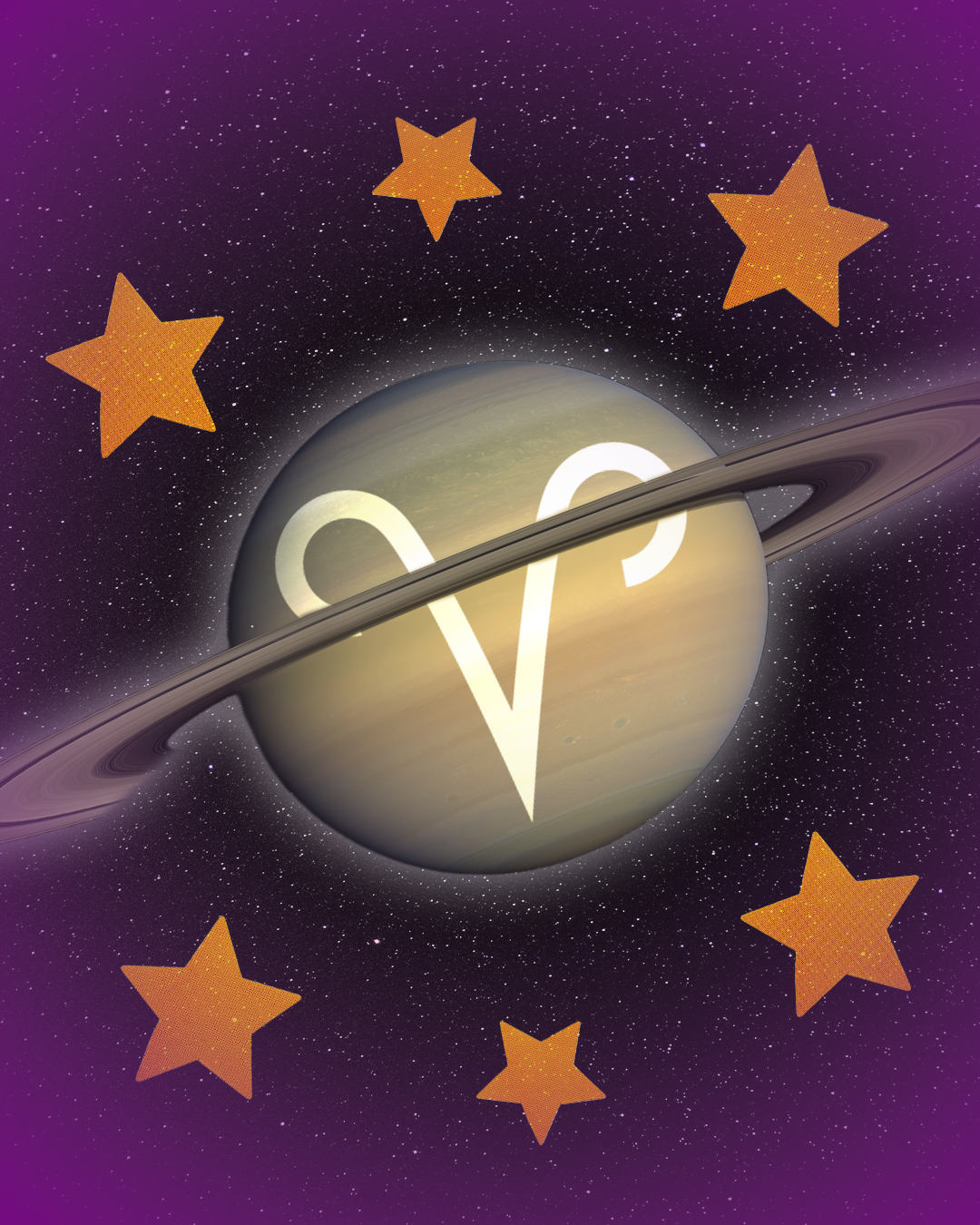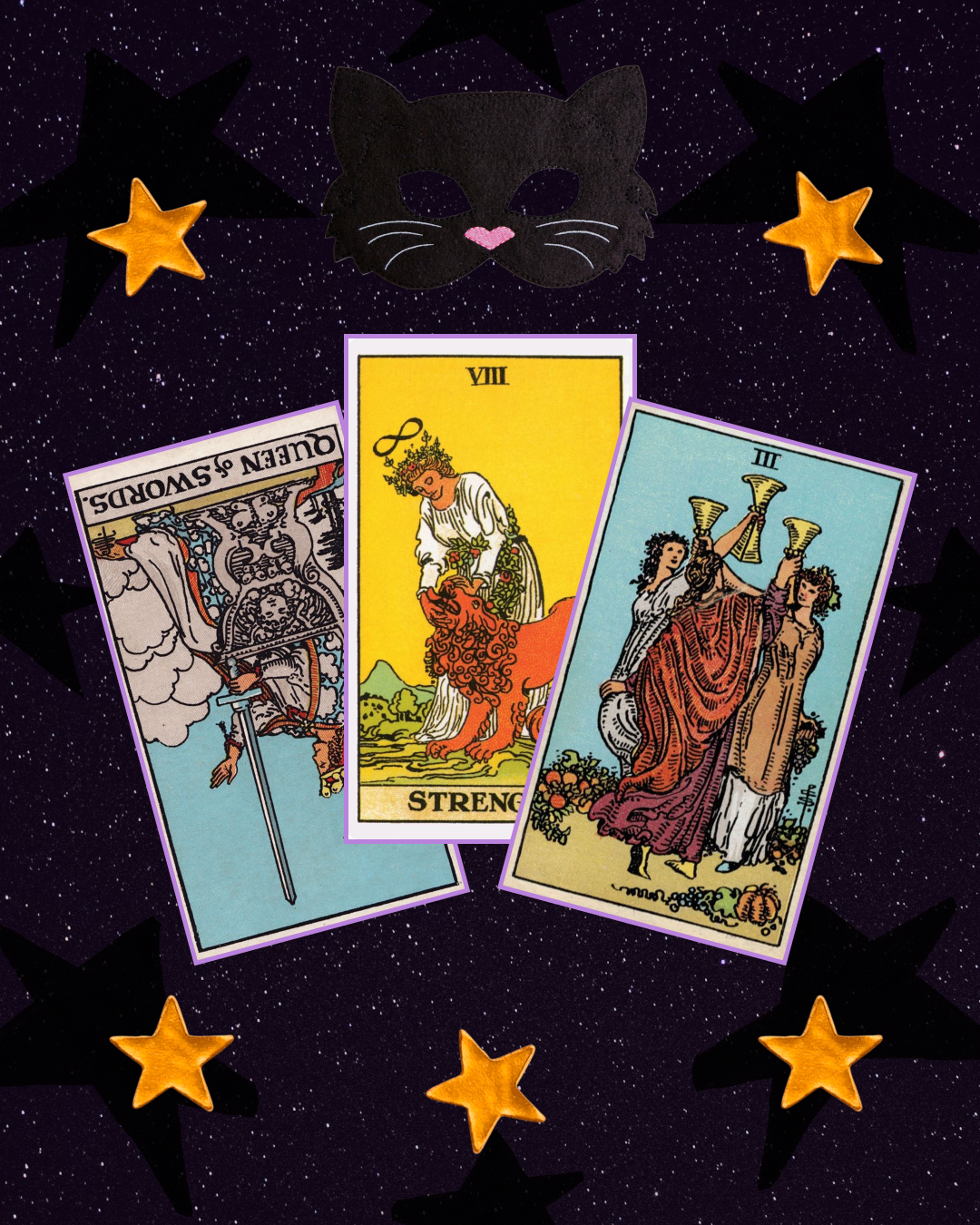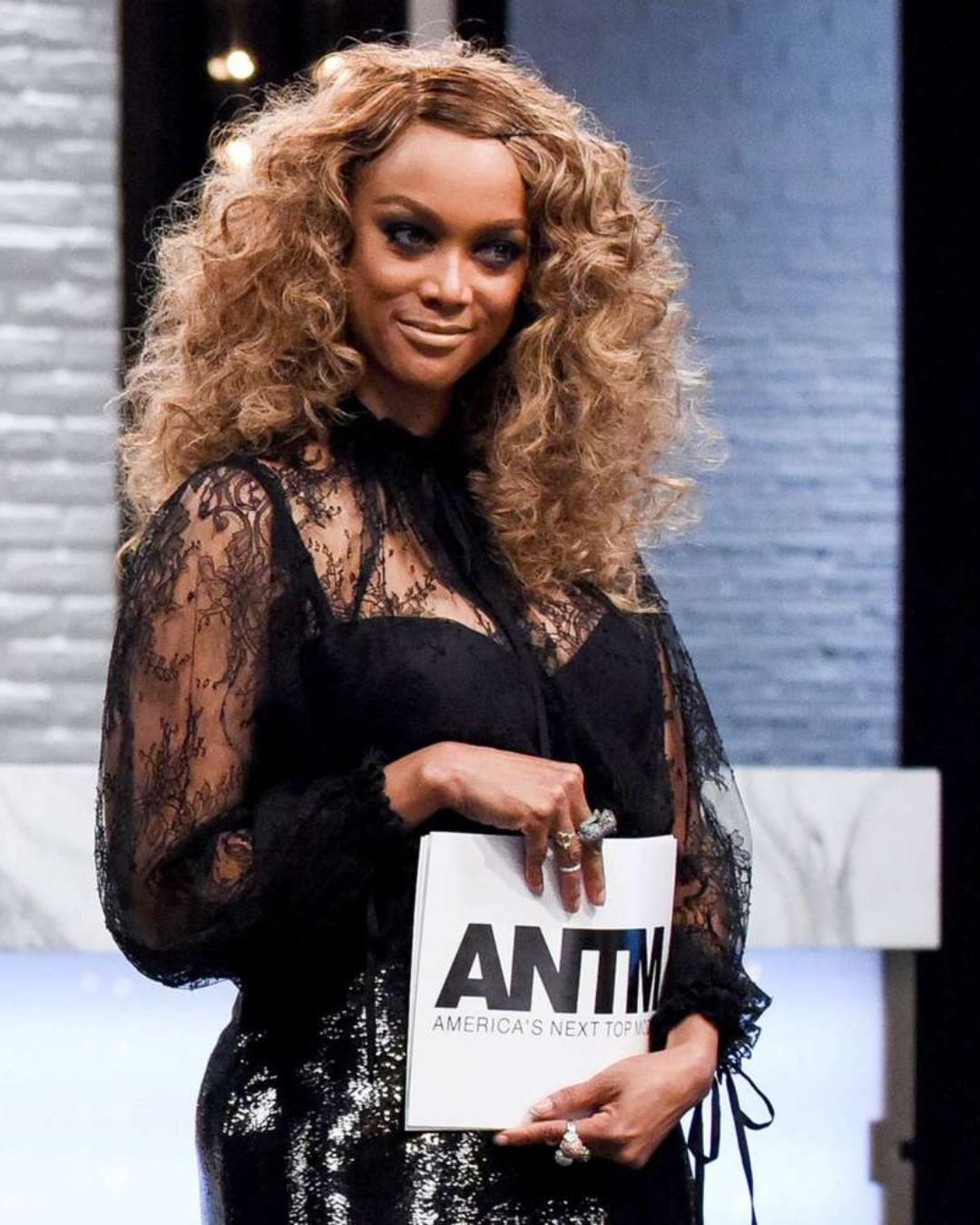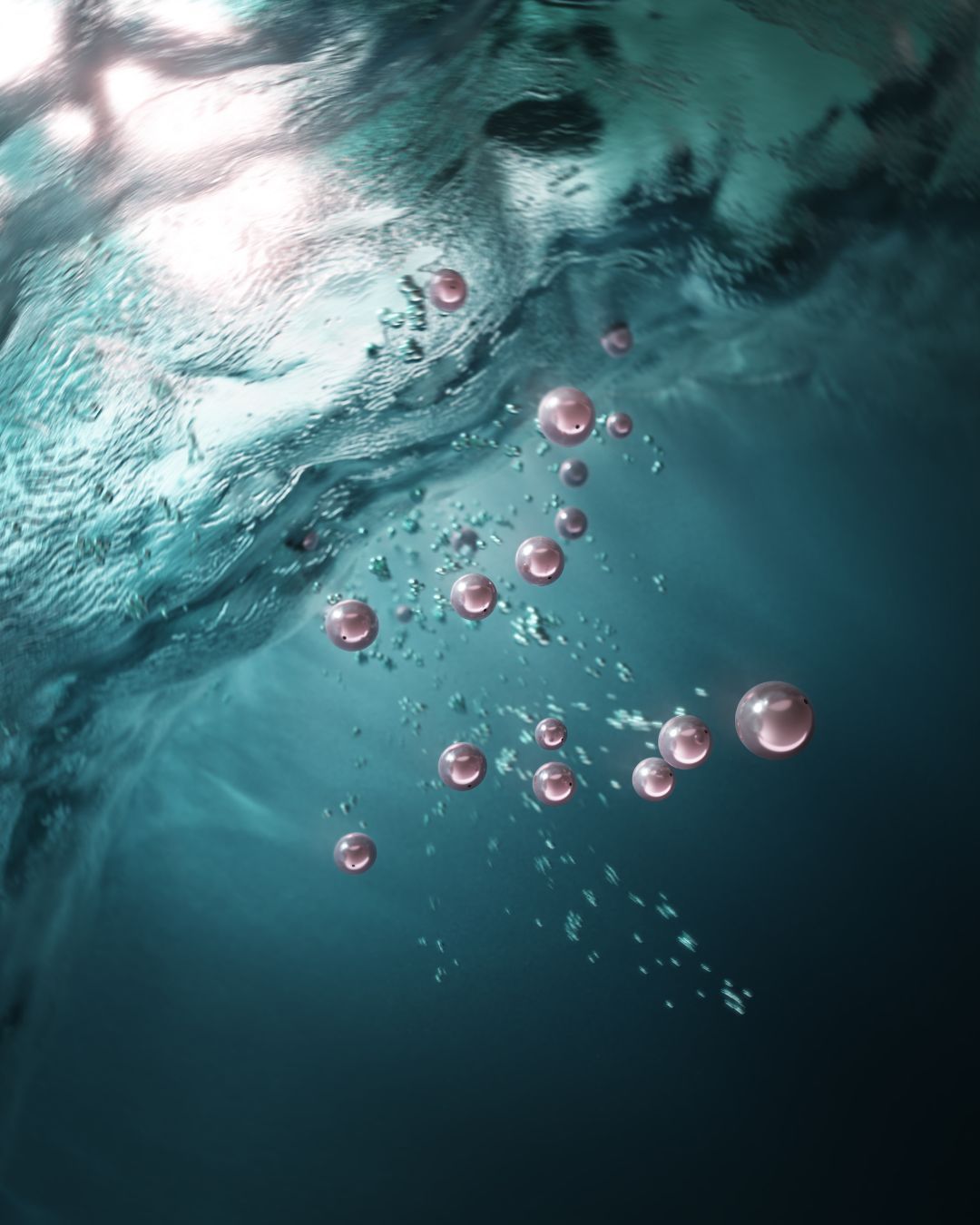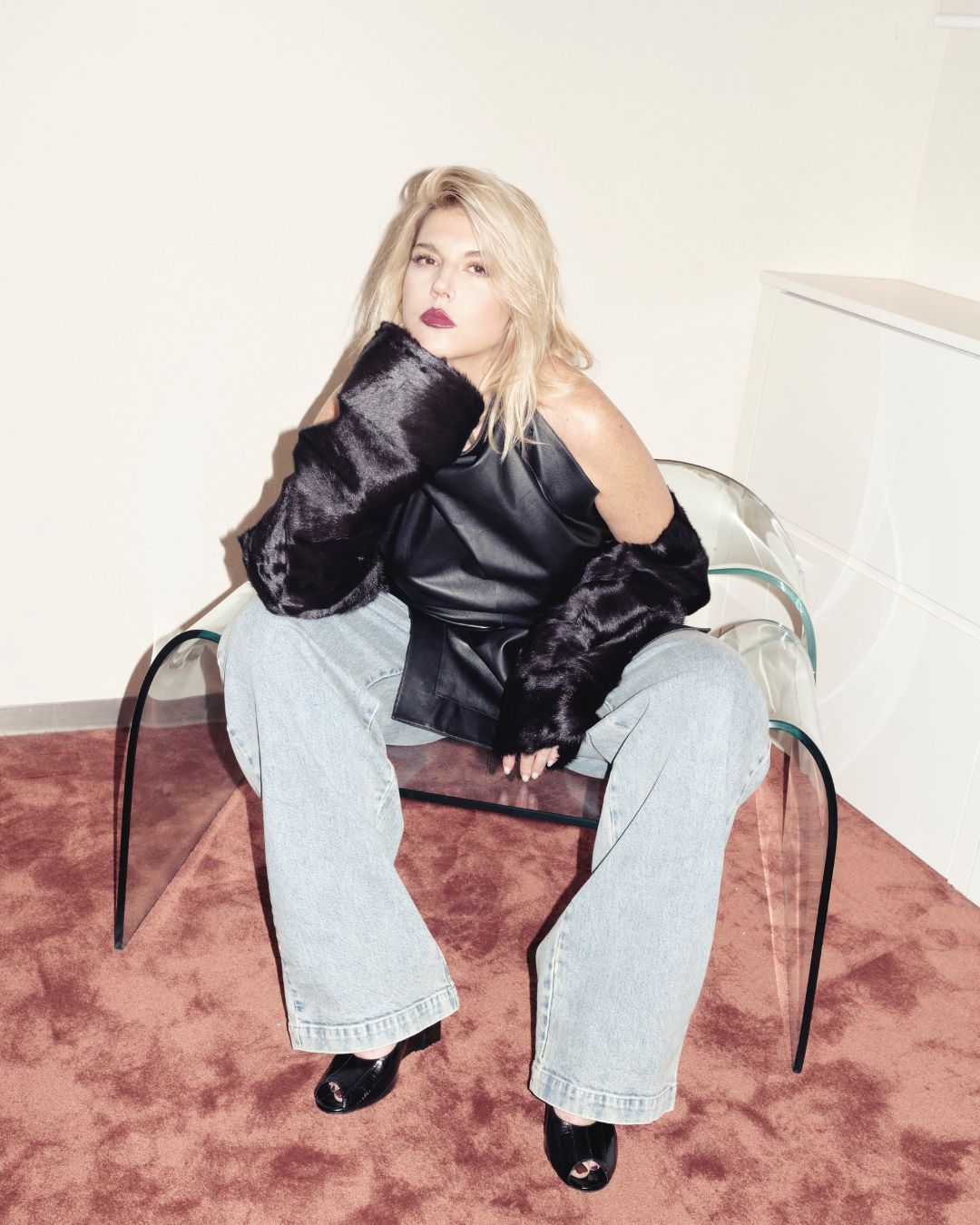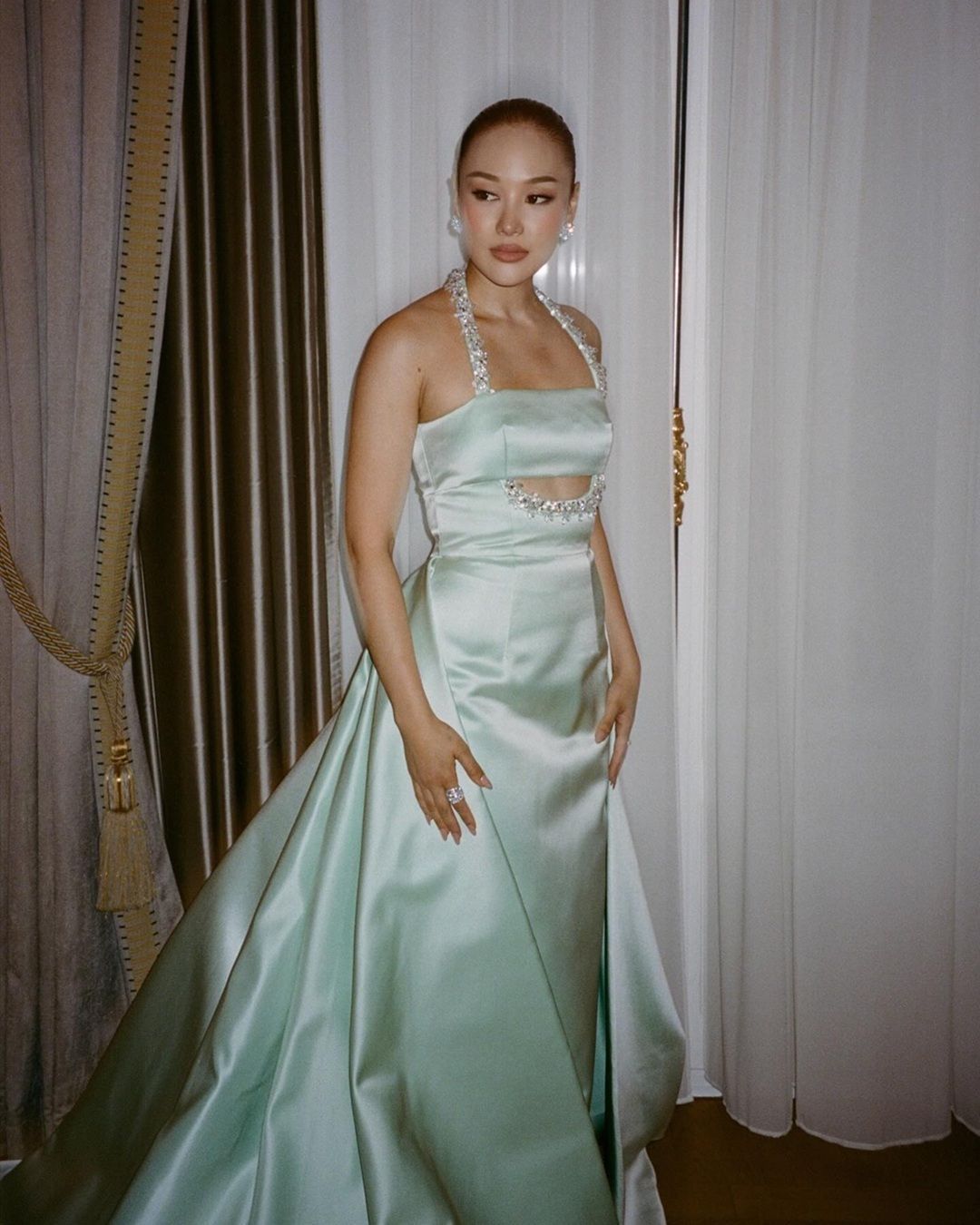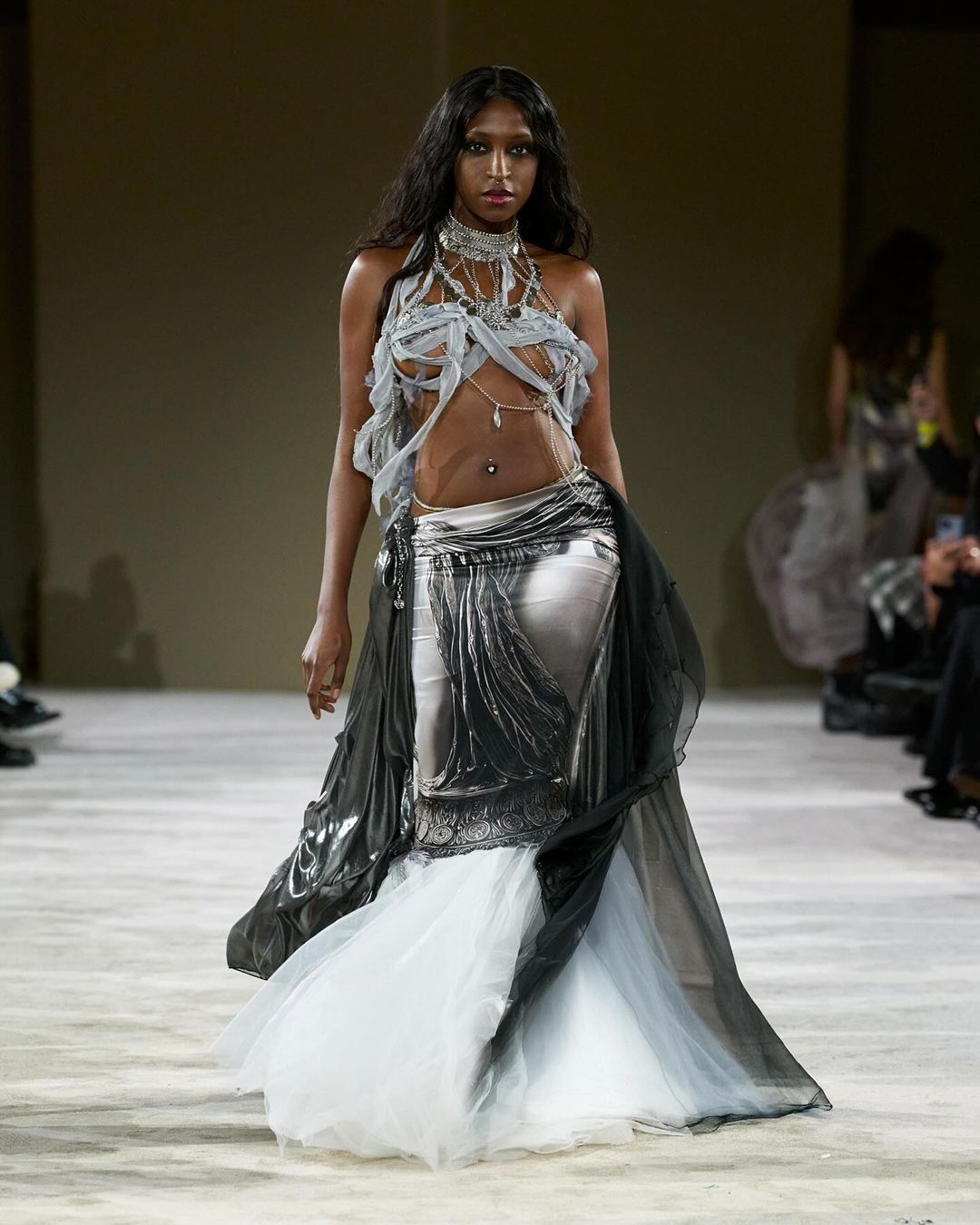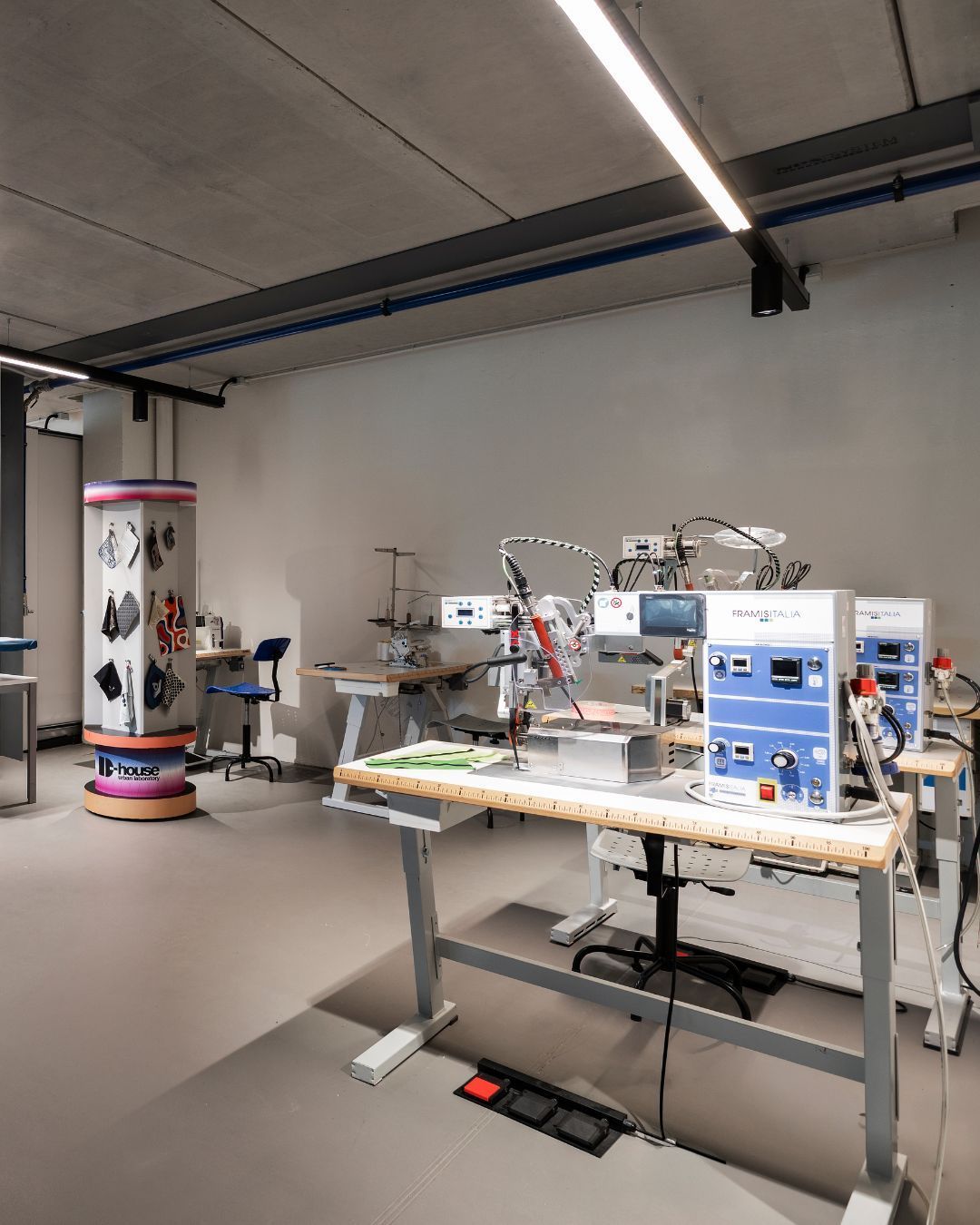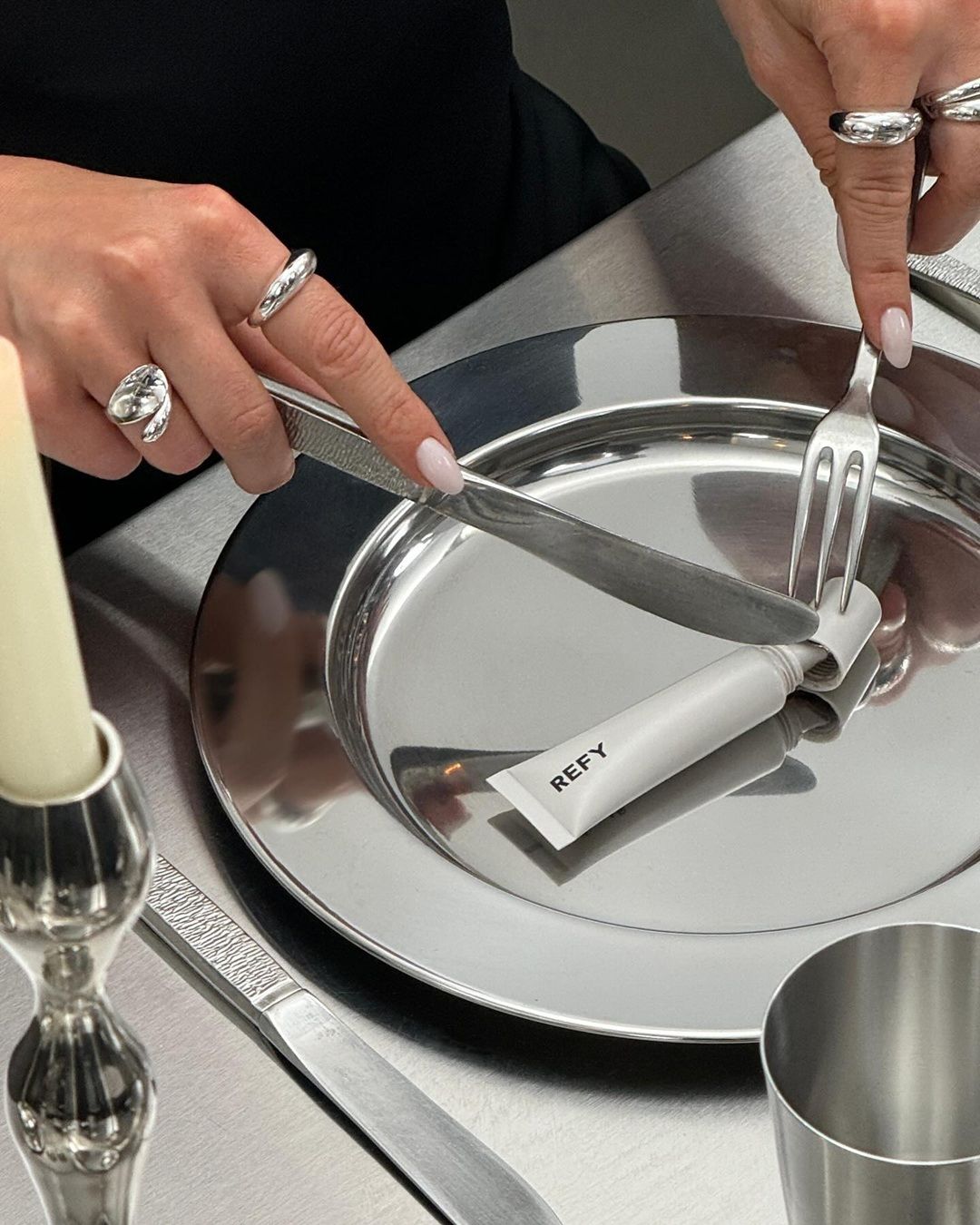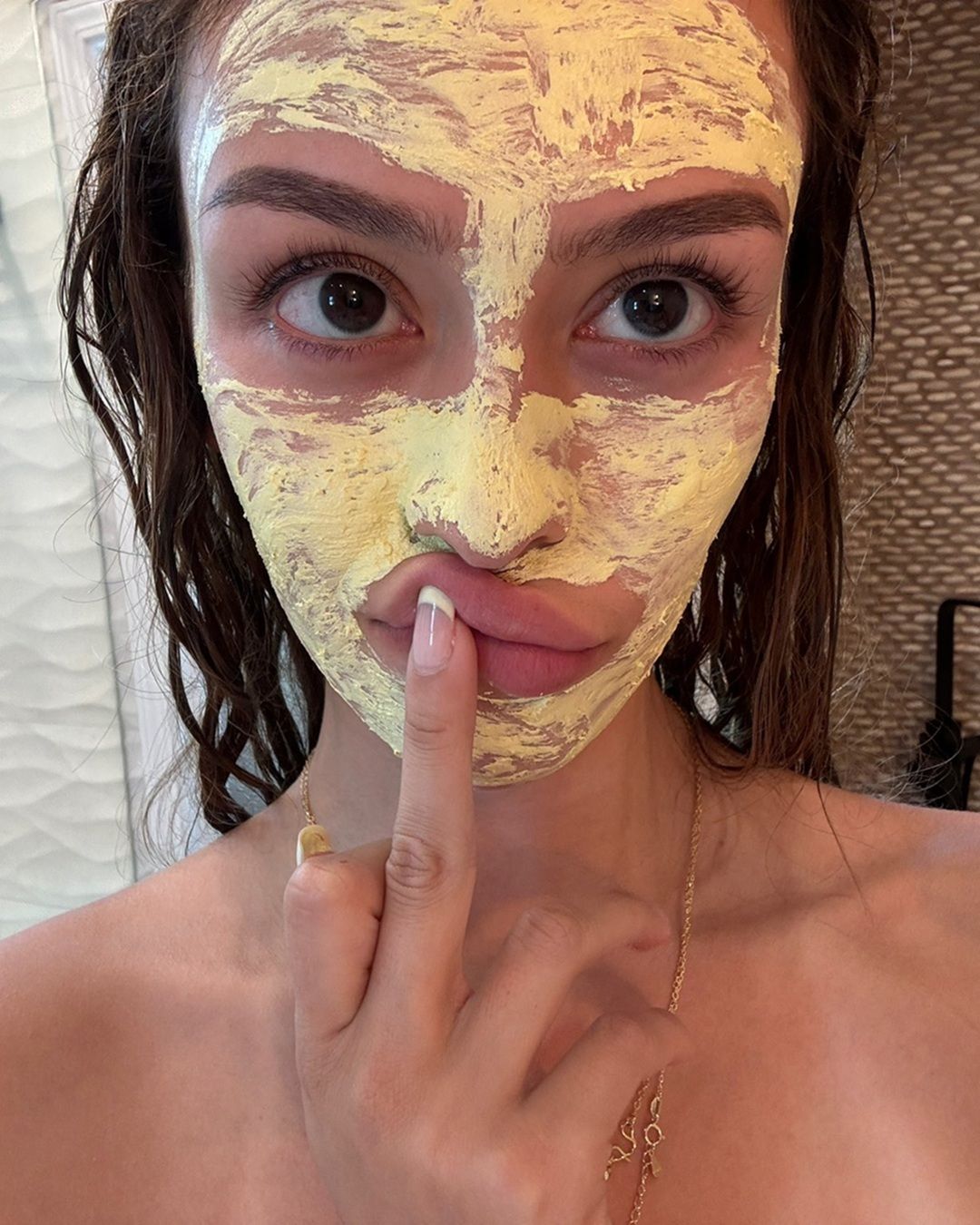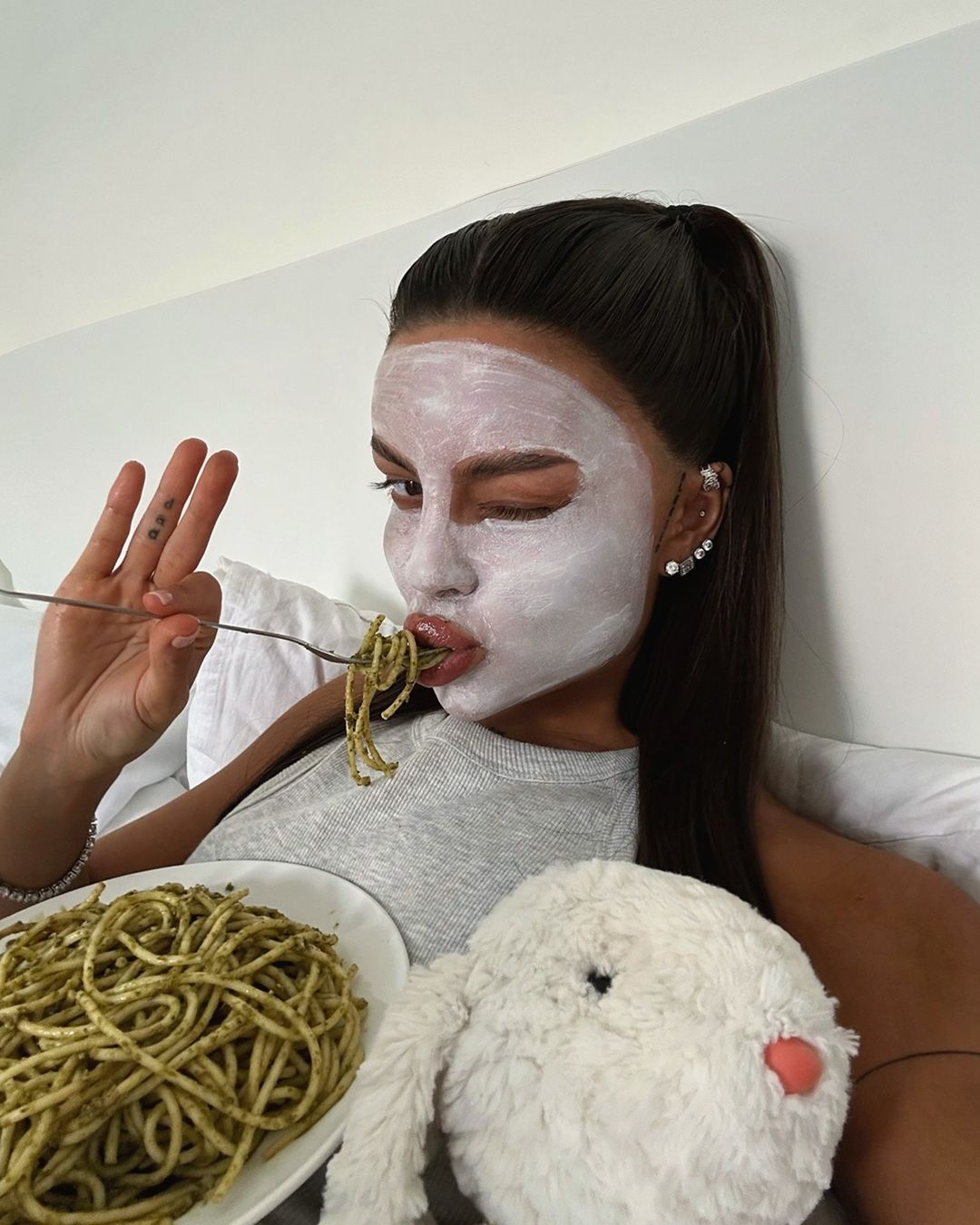
Why we didn't talk skincare with Paula Begoun "The Cosmetic Cop" narrates her career beyond skincare, talks Tiktok and female enterpreneurship
Paula Begoun landed in Italy for the first time at the launch at La Rinascente with an event dedicated to the Italian community, during which and was able to engage everyone in a critical debate about skincare. "Skincare is chemical: who said Retinol and Vitamin C can't work together if they already do inside our bodies? But who made that up?" she asks, carrying on her fight to dispel beauty myths, done both by spoken word and collected in her 2021 publication "40 Beauty Myths Busted." Her outreach vocation has always been to inform about beauty, providing the public with the tools to help them discern scientifically verified data from hearsay spread by aggressive, needs-induced marketing campaigns, despite her branding.
Over the years she has become "The Cosmetic Cop" (translated The Cosmetic Policewoman) through a multifaceted journey of trial and error and success that has led her to be one of the prominent faces in the world of international women's entrepreneurship. Since presenting her first book "Blue Eyeshadow Should Be Illegal" during a 1.0 version of The Oprah Winfrey Show in 1985, Paula Begoun has experienced trends in the beauty world in depth, saying that despite different geographic areas and historical moments, no trend or aesthetic holds: women want to know how to solve their beauty problems.
"I have been asked the same question many times. People in Asia might be more concerned about their skin care, in India they might be more focused on dark circles.... but all over the world people have the same concerns: pimples, skin quality, etc. There are many more commonalities than differences."
One thing that has changed in the communication universe, however, is the speed of dissemination of unverified information: TikTok and its beguiling format makes it harder to resist the aesthetics of galloping trends and seemingly life-saving beauty hacks that make available easy solutions to complex problems that should be approached with a cosmetic or even clinical eye.
Although Paula stays away from social media, she recognizes the immense value of sharing, but notes the shallowness of the younger generation and insists on deepening the data, comparing and selecting sources of information to be beauty-aware and not beauty-addicted, and understanding what is being done to the skin before causing damage. The technical approach that she applies in Paula's Choice Skincare products and in the continuous research to improve the original formulations, is simplified on the various social channels to be more easily usable cross-channel. TikTok in this sense scares her a bit because it is too simplistic:
"The popularity on TikTok is just more viral and less controllable, but despite the different narrative, when it comes to unverified information in the beauty field there is nothing different from Instagram [...] What makes a video viral does not automatically translate into credibility and growth. TikTok is popular and adapting to changing times, as are other social media."
The importance of the algorithm is growing, but simultaneously so is the development of cosmetology anch science. The future of beauty lies in laboratories continually searching for molecules whose functionality can be enhanced, such as peptides, which Paula sees as one of the possible future trends in skincare products and hers too, which have enormous potential and could be a big change in the future of the industry:
I see a future where we can see where peptides have a stronger, more robust ability to communicate with cells to create new, younger, stronger cells. These are a group of ingredients that can really make a difference (as was the case with the discovery of antioxidants in the 1990s).
This constant quest for refinement is the constant of a career built during the 1980s, when being an entrepreneur was not always easy. There are three pieces of advice Paula wants to give to young female entrepreneurs today: the first is to devote as much time as possible to your business, at least in the first period; the second is to experiment, and not become a workaholic for something that doesn't make your eyes sparkle; and the third, is to avail yourself of the luxury of changing your mind, opening up different avenues, and keeping options.






